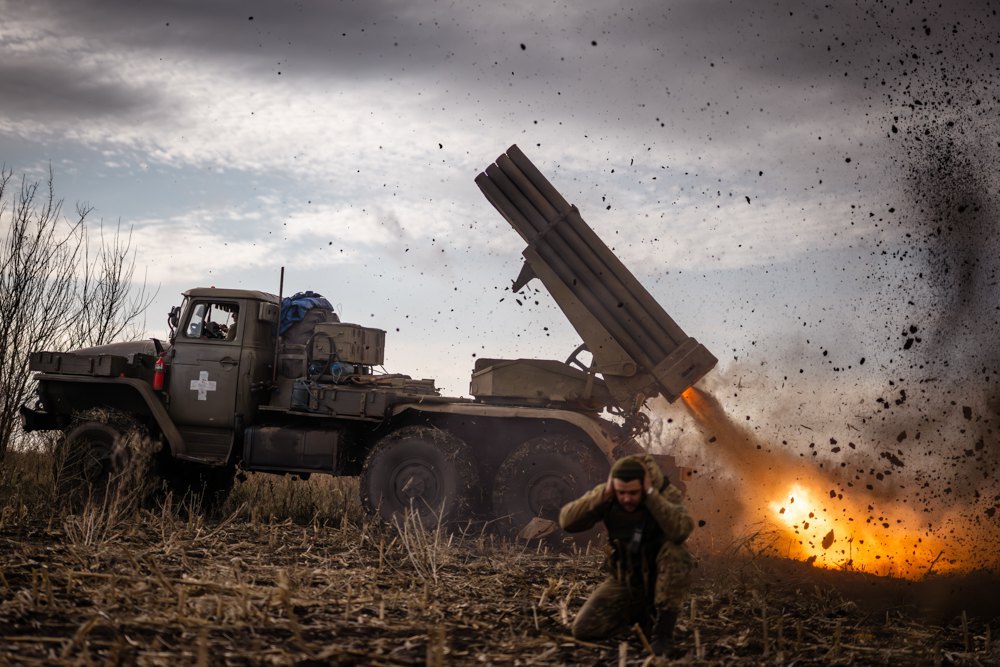
Russia’s war against Ukraine has been ongoing for almost three and a half years. The full–scale invasion by the Russian Federation caused significant disruption across the globe. Europe, which relies heavily on Russian energy resources, experienced the most severe consequences. In 2022, inflation in eurozone countries reached record highs, climbing to 10%. Since then, the situation has stabilised. For the rest of the world, the war’s impact has been largely indirect, felt mainly within the geopolitical sphere. Nonetheless, it has spurred a renewed focus on rearmament and the revision of military budgets.
It may sound cynical, but Russian aggression against Ukraine has now become routine for much of the global population. The world has grown accustomed to a situation in which the Kremlin remains entrenched in a bloody conflict. This is the reality: more than 600,000 Russian soldiers are engaged in combat operations against a sovereign state. For Ukraine, this translates into death, destruction, and a prolonged war of attrition. But for Russia’s other neighbours, it also presents a chance to buy time – to prepare more thoroughly for potential future threats from Putin. To ramp up weapons production, build fortifications along the Russian border, and expand their armed forces. This is precisely what many European countries are now doing.
Lithuania, Latvia and Estonia are reinforcing their shared border with Russia. They are building the Baltic Defence Line – laying mines, digging anti–tank trenches, and constructing bunkers. A significant focus is also being placed on fortifying the Suwałki Gap. However, these efforts face a key limitation: they are spread out over time. For instance, Lithuania is allocating €1.1 billion to bolster its border with Russia and Belarus, but this sum is intended to be spent over a ten–year period.
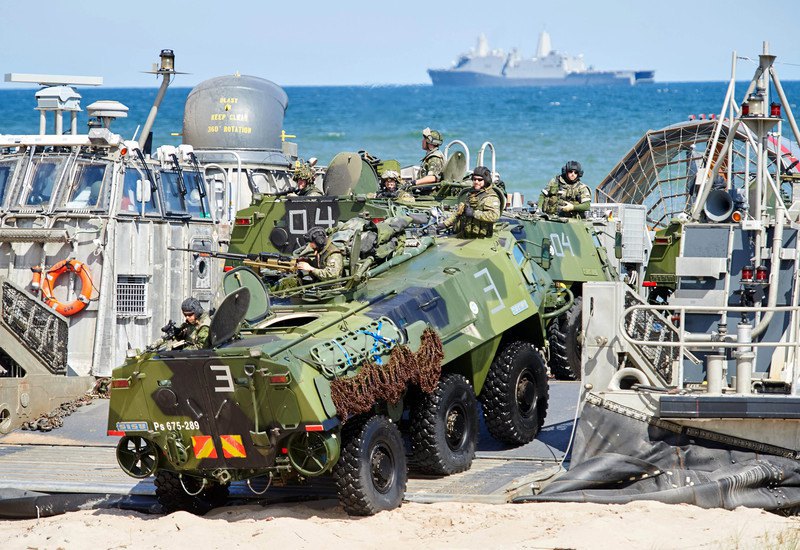
Although Europe’s tone towards Ukraine is predominantly supportive and its partners consistently condemn Russian aggression, the political elites of the Old World are not rushing to rearm. NATO countries continue to lag behind in military production, while Russia has fully transitioned to a wartime economy. Recently, NATO Secretary General Mark Rutte stated in an interview with The New York Times that within three months, Russia produces three times more ammunition than all NATO member states combined in an entire year. Estimates from analysts and intelligence agencies regarding Russia’s production volumes vary, with the most widely cited figure being 3 million artillery shells. Similarly, determining the exact number of drones manufactured by Russia is difficult. However, based on battlefield conditions and the scale of attacks on Ukrainian cities, it is clear that production volumes are substantial.
Many European countries have announced plans to expand their armed forces, which had been significantly reduced following the end of the Cold War. Germany intends to recruit an additional 60,000 soldiers. Italy is considering the addition of 40,000 reservists. Poland, Lithuania and Sweden are also working to increase the number of military personnel. Denmark aims to introduce conscription for women. However, at present, these remain declarations. Europe still needs time to prepare for any hypothetical confrontation with Russia. While Russia is mired in Ukraine, Europe has that time.
The longer the Kremlin remains entangled in the war in Ukraine, the lower the risk of it launching serious military ventures elsewhere. At the same time, an end to the active phase of hostilities in Ukraine, if not accompanied by the military defeat of the aggressor and a change of power in Russia, could lead to unpredictable consequences.
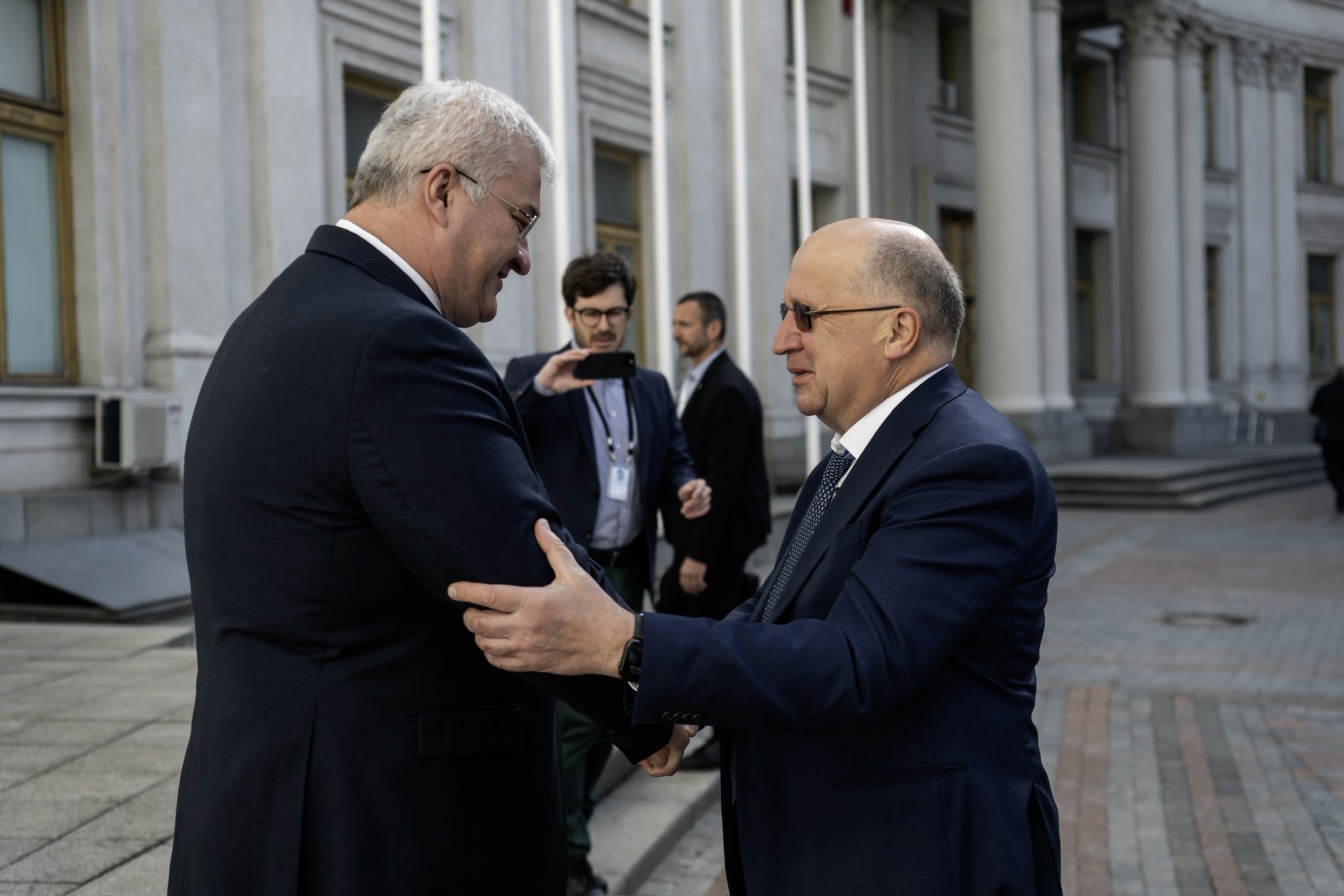
In May, European Commissioner for Defence Policy Andrius Kubilius warned that if peace or a ceasefire were to be established in Ukraine, there would be a risk of Russia initiating fresh aggression against European countries. Bruno Kahl, head of Germany’s Federal Intelligence Service, shares a similar concern. He believes that an early end to the Russian–Ukrainian war, before 2030, would be dangerous for Europe. In his view, such an outcome could enable Russia to strike NATO members before they are adequately prepared. There is little doubt that other European officials hold comparable views. Their logic is understandable: Putin – for whom war has become a mechanism for consolidating power – might be tempted to test whether Article 5 of the NATO Treaty truly functions as a deterrent.
There is considerable speculation over whether Russia will dare to attack a NATO member state – and whether the Kremlin is preparing for a major war on another front. The truth is that no one can predict what reality will look like once the active phase of hostilities in Ukraine ends. Nor does anyone know what Putin’s next move will be. Will he downsize the army, dismantle the military–industrial complex – which has gathered momentum and is consuming vast resources – and shift the Russian economy onto a peaceful trajectory? Possibly. Yet even with the strongest political will, this would not be easy. And there is little indication that the Kremlin’s autocrat possesses such a will.
Putin harbours ambitions of reviving the Russian Empire and restoring the geopolitical status quo that existed prior to the collapse of the USSR. The temptation to exploit a window of opportunity and attempt to humiliate NATO could well override his instinct for self–preservation. Especially given that the Russian Federation does possess certain advantages over the West: a large army with extensive experience in modern warfare; a military–industrial complex that is operating with surprising efficiency; the overt and tacit support of North Korea and China; and a lack of internal political constraints, which often delay or limit the West’s ability to respond swiftly and decisively. Still, there are sound reasons to doubt that the Kremlin will launch an attack in the Baltic region before completing the current phase of its war in Ukraine.
China, too, has its own motives for supporting the continuation of the Russian–Ukrainian war. Beijing’s repeated assurances that it seeks a swift end to the conflict should not be taken at face value. The People’s Republic of China possesses powerful levers of influence over Moscow – but has used none of them to compel an end to the aggression. On the contrary, numerous indicators suggest covert support for Russia’s economy and, in particular, its defence sector.
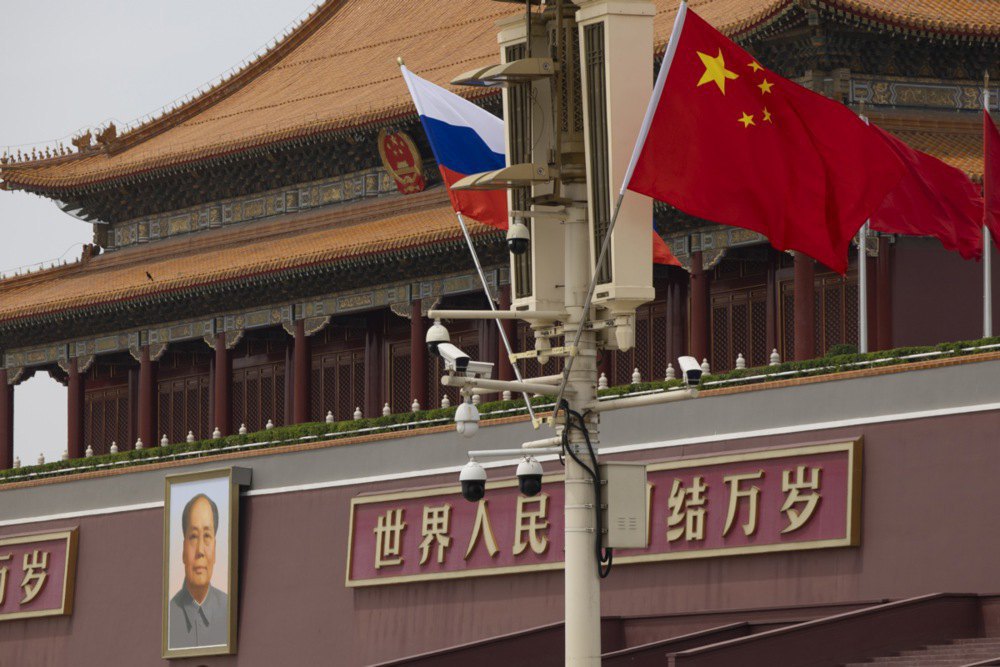
The recent words of Chinese Foreign Minister Wang Yi – that Beijing “will not accept Russia’s defeat” in the war against Ukraine – stand out for their rare candour. In fact, they are far more sincere than any other statement made by China since the full–scale invasion began.
It may, in fact, be advantageous for Beijing for the war to continue in its current format – a bloody, protracted conflict with no clear advantage for either side. This status quo allows the People’s Republic of China to achieve two key objectives: to increase its influence over Russia and to constrain the West’s ability to respond quickly and with unity to emerging crises in other parts of the world.
In 2024, trade between China and Russia reached $240 billion, making the PRC Russia’s primary trading partner. Moscow receives a wide range of goods from China, including dual–use items. In turn, China became the largest buyer of Russian oil last year, importing 108.5 million tonnes. Close economic ties and covert cooperation in the defence sector have drawn the Kremlin firmly into China’s orbit – rendering American hopes of a split between Moscow and Beijing increasingly unrealistic.
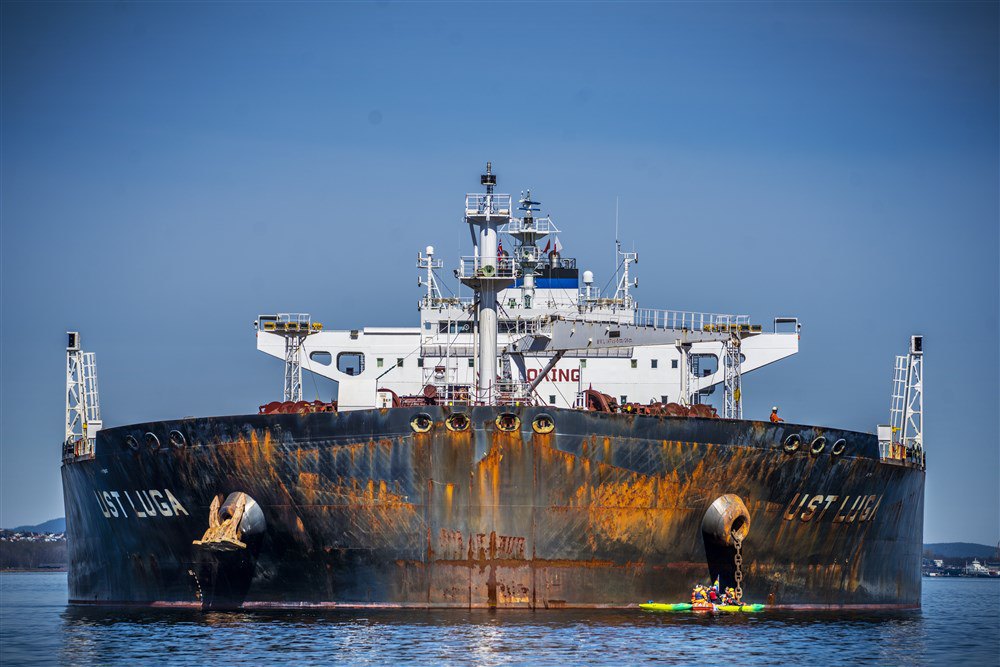
Should Beijing opt to launch a military operation against Taiwan, the scenario would be most favourable if the West remains heavily engaged in supporting Ukraine in its fight against Russian aggression. This was precisely the message conveyed by the Chinese Foreign Minister. For Beijing, it is of critical importance that Western forces are as dispersed as possible when that moment arrives.
In a world where international law has eroded – along with notions of morality, justice, and the fundamental principles governing relations between nations – aggression by one state against another no longer provokes uniform condemnation. To some extent, the world has adapted to Russia’s aggression against Ukraine. And for a variety of reasons, it may not be especially eager to see the war end quickly. Aside from a few states, there is little appetite to witness the military defeat or disintegration of the Russian Federation.








